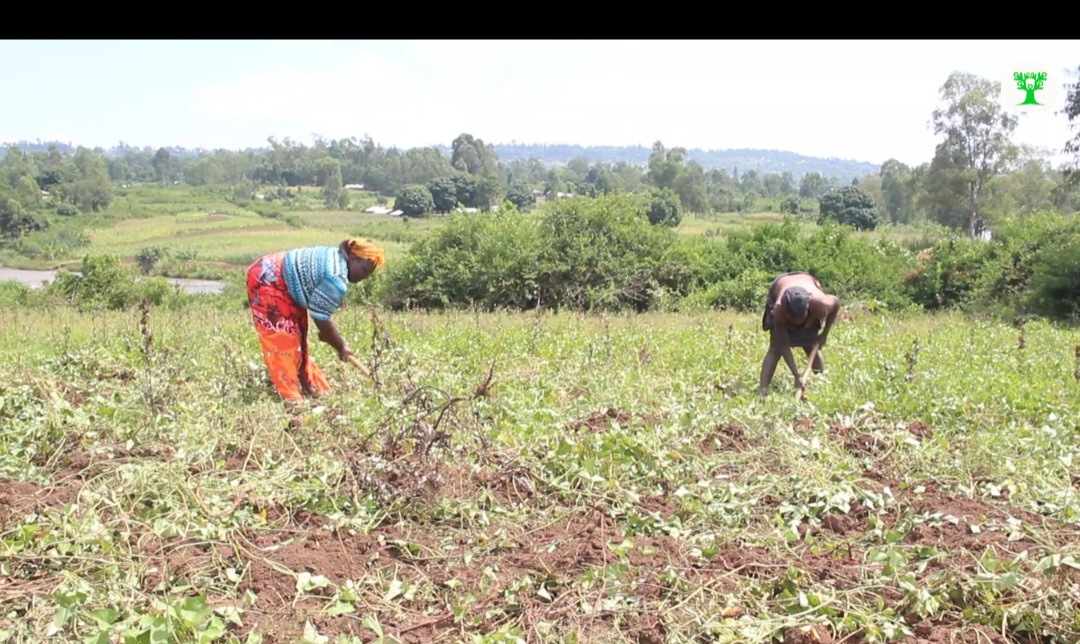Picture this: it’s late summer and the harvest needs to be gathered. Among your small patch
of farmland are a few proud and bulbous ears of wheat, but most of them are stunted and
without any product to gather. You kick the dry, almost sandy soil as you prowl through the
site of your labour, and curse the cloudless sky above. The price of wheat is at a record high,
but you can’t make the most of it. You don’t know why the weather is so poor for your
usually successful crop, but bad conditions, in drought or flood, seem to be evermore likely
each year.
At the same time, your neighbours, more small-scale farmers, seem to be better off. They
may not have much wheat to show for their efforts, but they are loading plenty of root
vegetables into bags and taking them away. It wasn’t the husband in this family whom you
saw managing these, but his wife, and as a result of her work, the family can sustain
themselves and improve their fortunes. Out of curiosity, you visit their home and they
explain how they’ve managed to achieve such success in a challenging year.
This hypothetical scene would happen is Western Kenya, an area of the world likely to suffer
disproportionately from the effects of climate change. As is becoming better understood,
those who rely on agriculture are likely to struggle with the increasing threat of drought and
floods as we head deeper into the climate crisis, but even within a community facing these
challenges, some will struggle more than others. In Kenya, for example, women are faced
with greater difficulties than men, and when climate change is combined with other societal
issues, the problems are exacerbated.
Global Footsteps are pursuing climate justice in their efforts to support those facing an
uncertain future, and are working with a local women’s group in Seme, Kisumu County, near
the shore of Lake Victoria in Kenya. The Aniga Women’s Initiative is a society of women local
to the area, who are taking a strong lead in their efforts to change the trends of farming,
and help women to see a strong and resilient future. They and Global Footsteps have a close
relationship, and we’re delighted to help in their push to increase the resilience of farming
and farmers in their community. The essential, vitally impactful main aim of the project is to
spread the popularity of sweet potatoes, a climate resistant crop, among farmers in Seme.
Achieving this is Global Footsteps’ shared aim, and is where we are applying ourselves, both
in effort and funding.
The problems of the less well off are our problems, too. As one member of the Aniga
Women said: “as the disadvantaged population, we are in it with no choice and with limited
support for adaptation.”
Written by Anthony Rowett.
